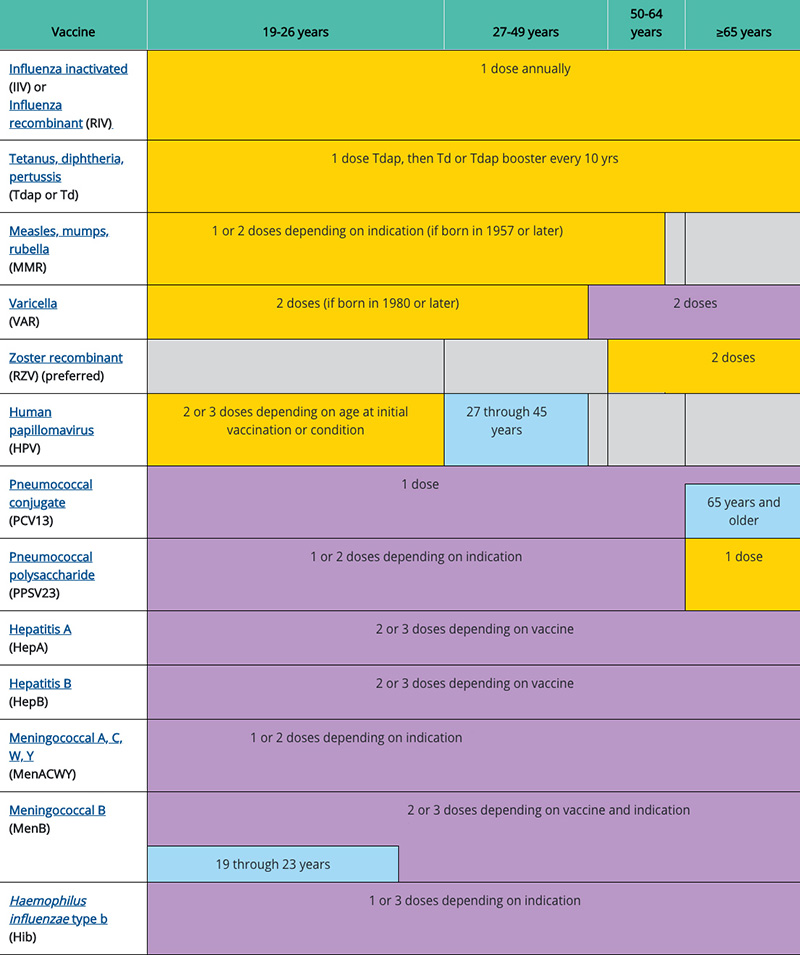

People with HIV sometimes face issues that can affect their nutrition, such as:
- Changes in your body’s metabolism.
- Medicines that can upset your stomach.
- Infections that can cause issues with eating and swallowing
- Foods that can affect antiretroviral therapy (ART), like raw meats and fish.
Any of these problems can affect your body’s ability to absorb the nutrients necessary to stay in good health.

No matter your HIV status, healthy eating is good for your overall health. If you are living with HIV, following a healthy diet offers several benefits:
- Provides the energy and nutrients your body needs to fight HIV and other infections.
- Maintains a healthy weight.
- Manages HIV symptoms and complications.
- Improves absorption of medicines and helps manage potential side effects.
Talk to your health care provider about your diet and ask specific questions about what steps you should take to maintain good nutrition. He or she may refer you to a nutritionist or dietitian with whom you can talk about your nutrition needs.
Why is exercise important?
Exercise offers benefits that can help you maintain good physical and mental health. Exercise can increase your strength, endurance, and fitness, and help your immune system work better to fight infections.
People with HIV can do the same types of exercise as people who do not have HIV. Take time to find a fitness routine that you enjoy. Make exercise fun and commit to exercising regularly.

What does smoking do to a person with HIV?
Smoking increases your risk of developing lung cancer, other cancers, heart disease, chronic obstructive pulmonary disease (COPD), asthma, and other diseases, and of dying early. For these reasons, smoking is an important health issue for everyone, but it is a greater concern for people with HIV.
About 1 in 5 U.S. adults smoke. Among adults with HIV, the number of people who smoke is 2 to 3 times greater. Smoking has many negative health effects on people who are living with HIV.
Visit betobaccofree.hhs.gov or call the Smoking Quitline: 877-44U-QUIT (877-448-7848) for more information on the many health benefits of quitting smoking.
For help from your state quit-line, call 1-800-QUIT-NOW (1-800-784-8669).
Maintaining a Healthy Diet
A healthy diet is essential to maintaining good health across your lifespan. The U.S. Food and Drug Administration (FDA) defines a healthy diet as one that: provides enough of each essential nutrient; contains a variety of foods from all of the basic food groups; provides adequate energy to maintain a healthy weight; and does not contain excess fat, sugar, salt, or alcohol.
There are six essential nutrients:
- Protein - builds muscles and a strong immune system.
- Carbohydrates (including starches and sugars) - give you energy.
- Fat - gives you extra energy.
- Vitamins - regulate body processes.
- Minerals - regulate body processes and also make up body tissues.
- Water gives cells shape and acts as a medium in which body processes can occur.

Immunizations
Keeping up on vaccinations is very important for HIV positive patients.
For more information about immunizations go to www.cdc.gov/vaccines/schedules/hcp/imz/adult.html
